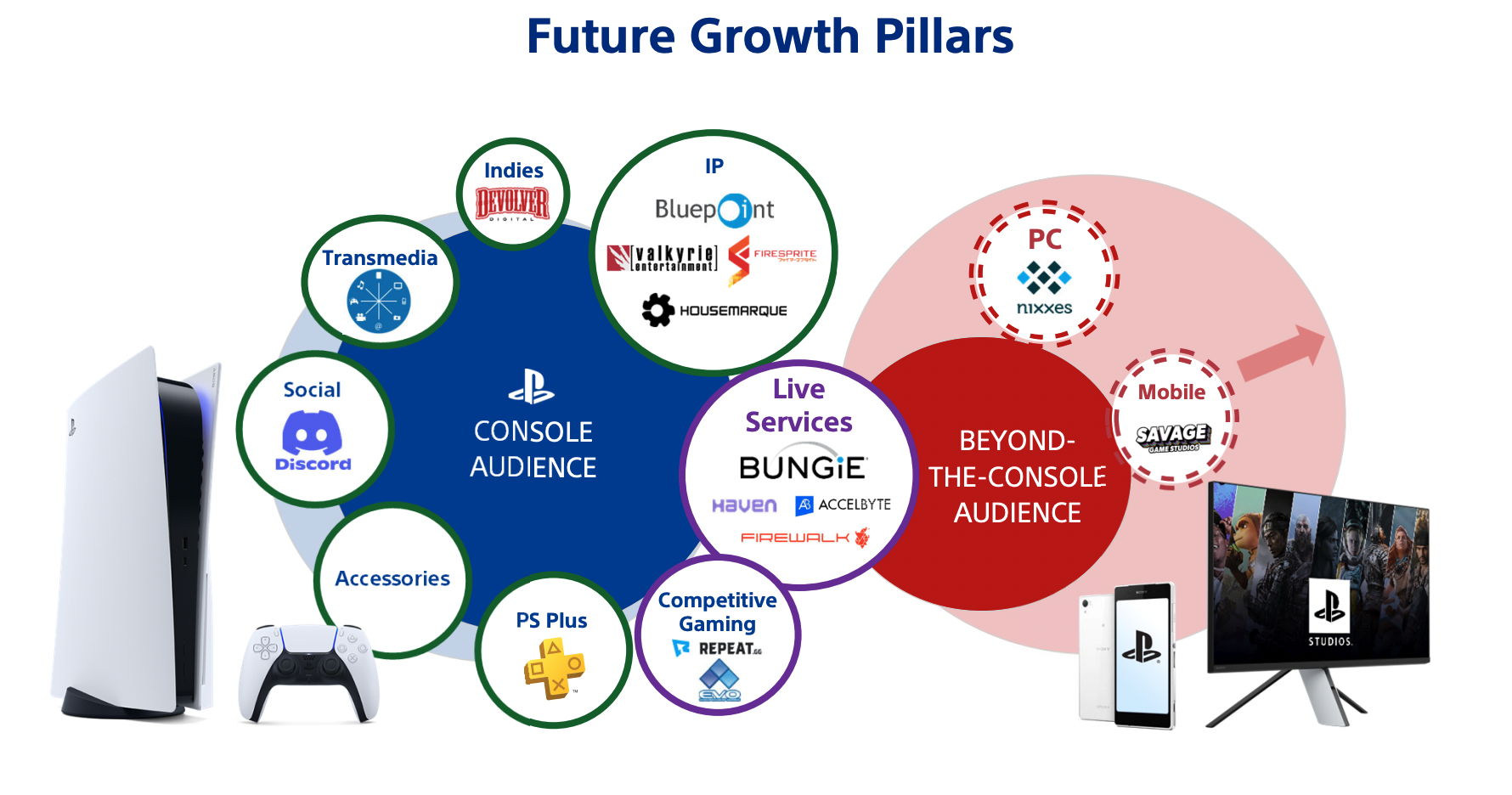The gaming industry is witnessing a significant shift, with major companies like Ubisoft steering towards subscription-based models, as evident in their revamped Ubisoft+ service. This move signifies a move away from traditional game ownership, a trend that raises concerns and questions about its implications for gamers. In this blog, we delve into why this evolution could be detrimental for gamers and advocate for the benefits of owning games.
The Value of Ownership: Why It Matters to Gamers
Tangible Assets Over Temporary Access
- Personal Library: Owning games means building a personal collection, a tangible library that players can return to at any time, regardless of subscription status.
- Long-term Value: Games, once bought, offer indefinite access, whereas subscription services can remove games, leaving players without access to favorites.
Financial Considerations
- Cost-Effectiveness: Buying games can be more cost-effective in the long run, especially for titles that gamers return to frequently.
- Control Over Spending: With game purchases, players have more control over their spending, avoiding potential subscription fatigue.
Emotional Connection
- Nostalgia and Sentimentality: Physical or digital ownership allows gamers to revisit games that have personal significance, fostering a deeper emotional connection.
The Risks of a Subscription-Only Model
Dependence on Service Providers
- Access at the Mercy of Companies: A subscription model means access to games is at the discretion of the service provider, with games potentially being removed without notice.
The Issue of Game Preservation
- Threat to Game Preservation: The transient nature of subscriptions poses a risk to game preservation, as some titles might become inaccessible if they are no longer profitable for the service.
Consumer Choice and Flexibility
- Limited Consumer Choice: Subscription models could limit consumer choice, binding them to the selections available on the service.
Benefits of Owning Games: A Deeper Dive
Unrestricted Access
- Play Anytime, Anywhere: Owning a game means unrestricted access, regardless of internet connectivity or subscription status.
Resale and Sharing Potential
- Ability to Resell or Share: Physical copies can be resold or shared, offering a flexibility that subscriptions do not provide.
Supporting Developers Directly
- Direct Support to Creators: Purchasing games often means a larger portion of your expenditure goes directly to the game developers.
Conclusion: Balancing the Future of Gaming
The shift towards subscription-based models like Ubisoft’s is a complex issue. While it offers convenience and a breadth of choices, it also brings significant drawbacks, particularly in terms of game ownership and consumer rights. As gamers, it is crucial to be aware of these changes and advocate for a balance that preserves the benefits of game ownership while embracing the positives of new models.
Next Steps for Gamers:
- Stay Informed: Keep up-to-date with industry trends and policies.
- Voice Opinions: Engage in community discussions and provide feedback to companies.
- Make Informed Choices: Consider the long-term implications of your gaming purchases and subscriptions.
In conclusion, while the world of gaming is evolving, it’s essential to ensure that these changes benefit and protect the interests of the gaming community. The value of game ownership should not be underestimated, and as gamers, our choices and voices can help shape the future of this industry.



